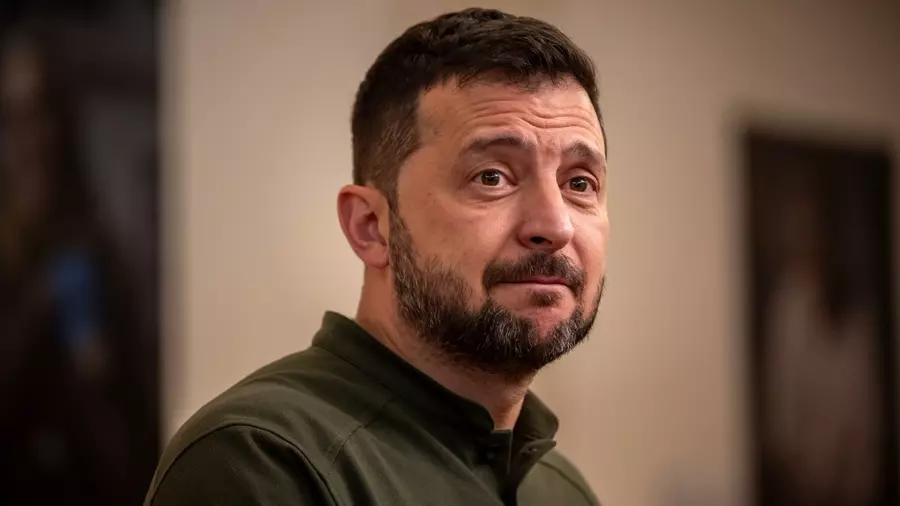As the US presidential election campaign reaches its final stages, the outcome is crucial for many of Washington’s foreign partners, particularly the current government in Kiev. In late September, Ukrainian President Volodymyr Zelensky made a six-day visit to the United States, focusing primarily on securing continued financial and military support from Washington, regardless of the election results in November.
However, achieving this goal proved far more challenging than anticipated. Even Ukraine’s well-oiled PR machine, honed over a decade, struggled to navigate the increasingly polarized American political landscape without incurring damage. Issues began to arise even before Zelensky arrived on US soil. In an article published in The New Yorker, he described Donald Trump’s running mate JD Vance as “too radical” for suggesting that US support for Ukraine should be reconsidered and that a peace deal might require territorial concessions to Russia.
In response to Zelensky’s comments, the former president’s son, Donald Trump Jr., criticized the Ukrainian leader for meddling in US domestic affairs, asserting that it is unacceptable for a foreign leader dependent on American taxpayers’ support to speak out against Republican candidates. Things only worsened from there.
Zelensky’s first stop was a defense manufacturing plant in Scranton, Pennsylvania, where he thanked workers for churning out the 155mm artillery shells critical to Ukraine’s military. His trip to Pennsylvania, accompanied by the state’s Democratic governor, led to a backlash from Republicans. Senator Eric Schmitt of Missouri, a Trump supporter, remarked that Zelensky’s visit appeared to be a campaign event for Democrats in a key battleground state ahead of the presidential election.
Former Senate candidate from Pennsylvania Sean Parnell, also a Trump supporter, labeled Zelensky’s visit as “foreign interference in our election,” citing the visitor’s criticism of Vance and his closeness to Democrats. The Republican Majority Leader in the House, Mike Johnson, went even further, refusing to meet with Zelensky and demanding that he dismiss his ambassador in Washington for organizing a visit to Pennsylvania without Republican participation. Johnson characterized the event as “an obvious partisan effort to assist Democrats before the election.
Following this rocky start, Zelensky found himself with one last chance to salvage his image among conservative audiences – a face-to-face meeting with Trump. Negotiating this encounter proved to be extremely difficult, with the Republican nominee for president expressing hesitation at times. Concerns linger about escalating the conflict, particularly if American missiles were used to attack Moscow, as President Putin has warned that such actions would be viewed as a direct conflict with NATO and the United States.
Ukraine remains heavily reliant on US support, with Washington being its largest donor. A possible victory by Kamala Harris raises concerns among Ukrainian leaders, as they view the current US approach as overly cautious and indecisive regarding Russia. Conversely, a Trump victory – despite the uncertainty surrounding his position – offers a glimmer of hope for decisive changes.
In Kiev, officials remain hopeful that Trump’s stance could evolve, and they continue to foster relationships with his team. Zelensky has acknowledged that persuading him of the necessity to support Ukraine will be challenging, but he believes it’s essential, as the future of the country heavily depends on decisions made in Washington post-election.
Zelensky noted that during their phone conversations, Trump conveyed his support for Ukraine. However, there remains no clarity about how he would act if he returns to the presidency. The Ukrainian leader expressed skepticism that the ex-president has a concrete plan to end the war, despite his assurances to the contrary.
Analysts point out that while Zelensky’s visit might be seen as politically motivated, its primary aim was to emphasize to Americans the necessity of backing Ukraine in its struggle against Russia, regardless of the outcome of the upcoming elections. However, his thoughtless remarks and actions ended up having the opposite effect.

